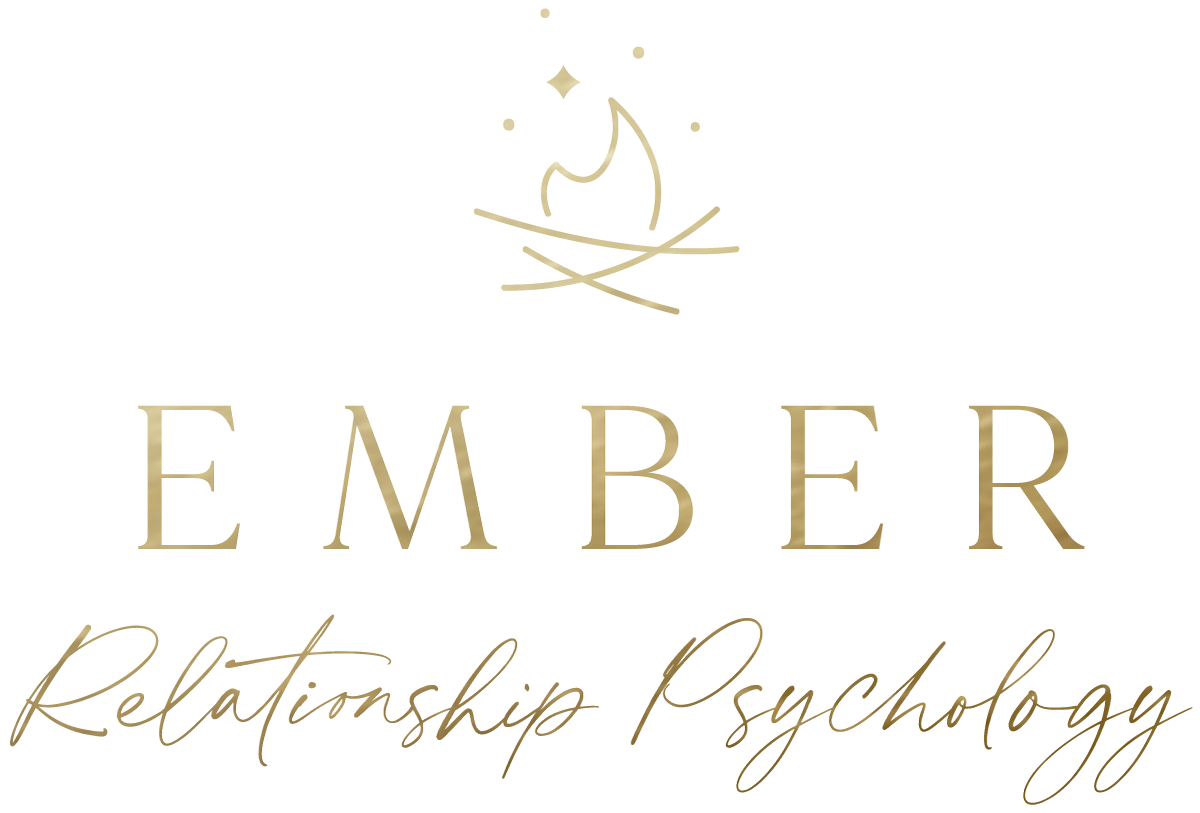4 Communication Skills for Couples
by Amber Dalsin, M.Sc., C.Psych.
You’ve heard it before. Communication is fundamental – the cornerstone of any relationship. Fortunately, like many skills, it can be improved with practice.
If you’re looking for ways to recapture that easy, simple way that you used to talk where you aren’t just going through the motions, or where you can take a moment to connect with your partner without worrying about it escalating into another fight, it might help to keep these four tips in mind.
4 key tips to help couples communicate:
Use empathy
Use body language
Stop interrupting
Ask good questions
If you don’t want to read the blog, and you want to learn more about the 4 Tools Successful Communicators Use, click the video to watch.
1. Use Empathy
Theresa Wiseman’s research on empathy points out that to make it safe to connect, we can use empathy. There are four main components of empathy.
Seeing the world through your partner’s eyes
Refraining from judgement
Understanding the person’s feelings
Communicating your understanding of their feelings
Using empathy allows you to choose how you communicate your message, so that your partner can understand you. When communication becomes a nasty tit-for-tat dance, it’s not usually the message that’s the issue, rather the behaviors used in the delivery.
Consider a time a conversation has gone well between you and your partner. What were you doing? Did they understand you? How were you acting?
Think about time communication went south. What were you doing? Did they understand you? How were you acting?
2. Use Body Language
Work by Burgoon JK et al., (2009) estimates that 60 to 65 percent of communication between people is done through non-verbal behaviour. That means it’s not so much the words we say, it’s how we say things and how we listen. So when your partner is talking, lean in, nod your head and get interested (like you would in early dating, even if they were talking about a topic you didn’t know anything about. Make your partner feel important with your body language).
Remember just because the sound of what your partner is saying is hitting your eardrums, does not mean they know you’re listening. Show them.
3. Stop interrupting
While sometimes great conversations are made from the spontaneity of just saying things as they come to you, a lot of partners come to my office and end up saying “they don’t listen to me.”
So just listen, until your partners is done, even if you disagree- back to point 1- use empathy, see it form their point of view and stay away from judgement.
4. Ask Good Questions
Google questions- or just ask questions. But I say Google, because often I am shocked that people don’t know how to ask them, they use statements like, “You agree that I do housework,” instead of “What are you trying to say about the housework?” Questions can draw our partners out of their shells and encourage them to share things they wouldn’t usually. People ask how I get people to open up. I act interested and ask questions.
If you need help asking good questions, we’ve got you. Check out the Emotional Intimacy Cheat Sheet for questions that open your partner’s heart.
Now Make the Change
If you and your partner are struggling and missing cues it’s time to up your communication game. If you want that seamless, easy conversational flow- but you don’t make changes, well as the saying goes, insanity is doing the same thing over and over again and expecting different results.
You need to make intentional changes to make things better.
These little changes can take literally minutes per day, but really really really make a relationship better. And by using effective communication, and communicating your needs in a gentle, kind and reasonable way, you will learn if your partner can meet your needs, and if they can’t you have some real thinking to do about the pros and cons of the relationship.
This blog is not meant to be a substitute for couples therapy or relationship counselling. This should not be construed as specific advice. See a relationship therapist in your area to address your specific problems.


